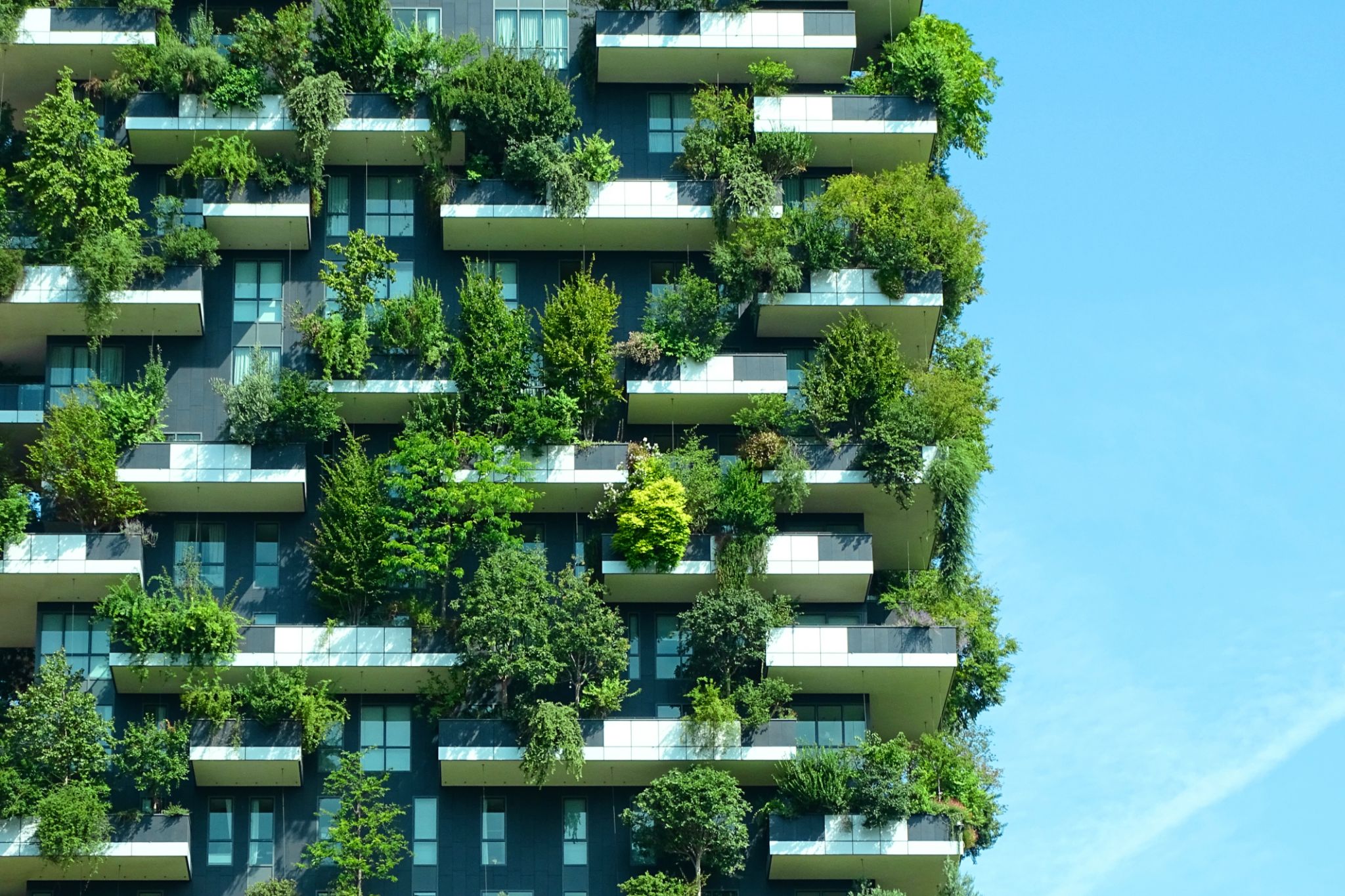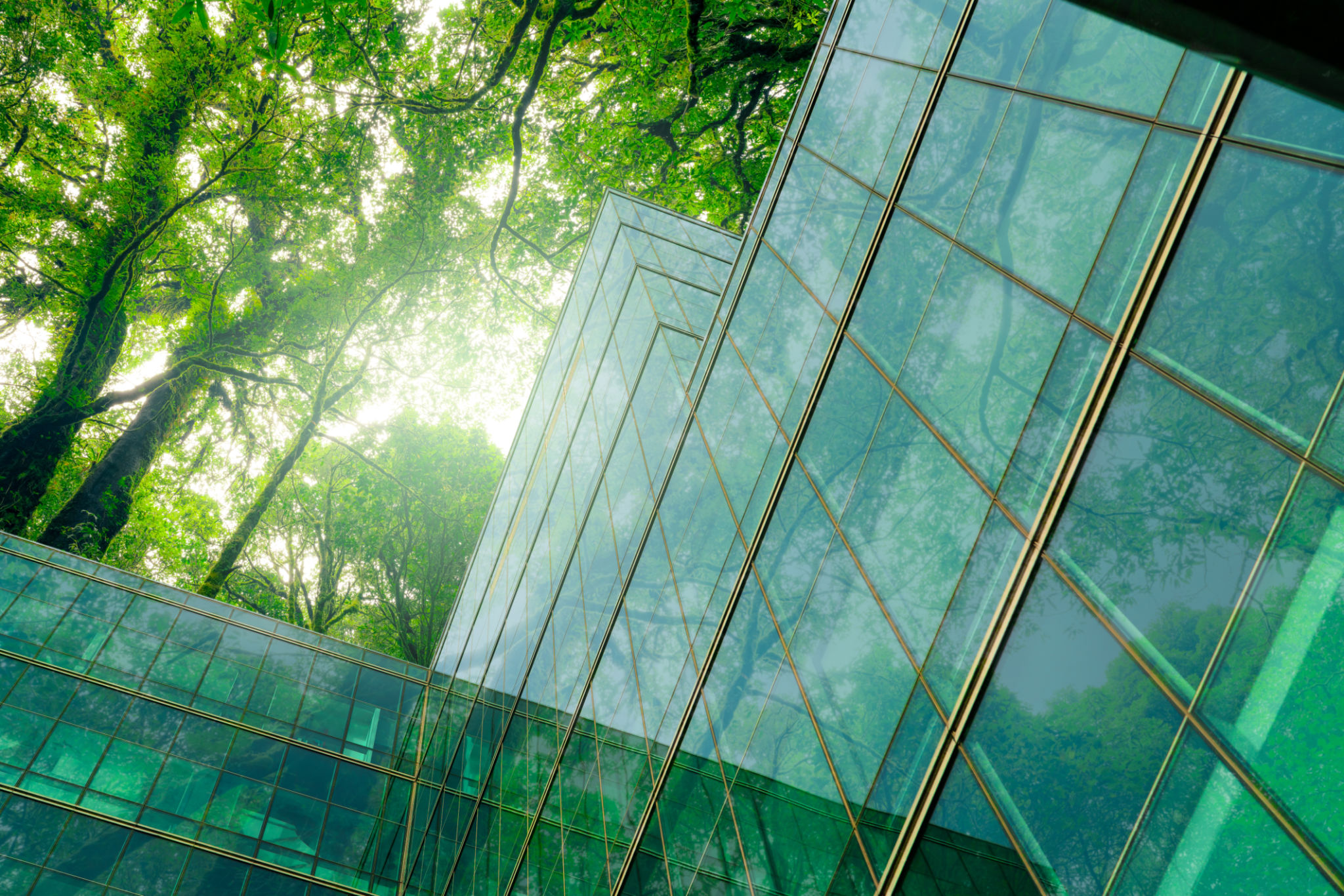Expert Insights: Trends in Sustainable Real Estate Development
EC
Understanding the Rise of Sustainable Real Estate
As environmental concerns continue to grow, the real estate industry is increasingly turning to sustainable practices. This shift is not only about reducing carbon footprints but also about creating healthier living environments and enhancing economic viability. Developers and investors are recognizing that sustainability is becoming a crucial aspect of real estate development.
Sustainable real estate development focuses on using resources efficiently and minimizing the environmental impact. This includes incorporating energy-efficient technologies, using sustainable building materials, and designing with the environment in mind. Such practices not only benefit the planet but also attract eco-conscious buyers and tenants.

Green Building Certifications
A significant trend in sustainable real estate is the rise in green building certifications. Achieving certifications such as LEED (Leadership in Energy and Environmental Design) or BREEAM (Building Research Establishment Environmental Assessment Method) demonstrates a commitment to sustainability. These certifications evaluate buildings on various criteria, including energy efficiency, water usage, and indoor air quality.
Investors are increasingly favoring certified buildings as they often lead to higher property values and lower operational costs. Moreover, tenants are more inclined to choose certified spaces due to their reduced utility bills and improved indoor environments.
Innovative Building Materials
The choice of building materials plays a crucial role in sustainable development. Developers are now opting for materials that are not only durable but also environmentally friendly. This includes using recycled or reclaimed materials, sustainably sourced wood, and low-VOC (volatile organic compounds) paints.
Innovations in building materials also extend to advanced technologies like smart glass, which can help regulate building temperatures, and self-healing concrete, which extends the lifespan of structures. These materials contribute to more sustainable construction processes and result in buildings that are resilient and efficient.

Renewable Energy Integration
Integrating renewable energy sources into real estate projects is another significant trend. Solar panels, wind turbines, and geothermal systems are becoming commonplace in both residential and commercial properties. These installations help reduce dependency on non-renewable energy sources and lower overall energy costs.
The use of renewable energy not only makes properties more attractive to environmentally conscious consumers but also aligns with government incentives that can make these investments more financially viable. As a result, many developers are prioritizing renewable energy integration in new projects.

Smart Technology and Sustainability
The incorporation of smart technology in sustainable real estate is enhancing both efficiency and user experience. From smart thermostats to advanced building management systems, technology is helping optimize energy consumption and improve operational efficiency.
Smart buildings can adjust lighting, heating, and cooling based on occupancy or weather conditions, significantly reducing energy waste. Additionally, real-time data collection allows for proactive maintenance and further energy savings, making buildings more cost-effective over time.
The Future of Sustainable Real Estate
Looking ahead, sustainable real estate development will continue to evolve with advancements in technology and growing environmental awareness. Key areas of focus will likely include urban planning that prioritizes green spaces, transportation efficiency, and community health.
As developers innovate and new regulations emerge, the landscape of real estate will increasingly reflect sustainable practices. Stakeholders across the industry must stay informed about these trends to remain competitive and contribute to a more sustainable future.
In conclusion, sustainable real estate development is no longer a niche market but a critical component of the industry's future. Embracing these trends can lead to a positive impact on the environment while meeting the demands of modern consumers.